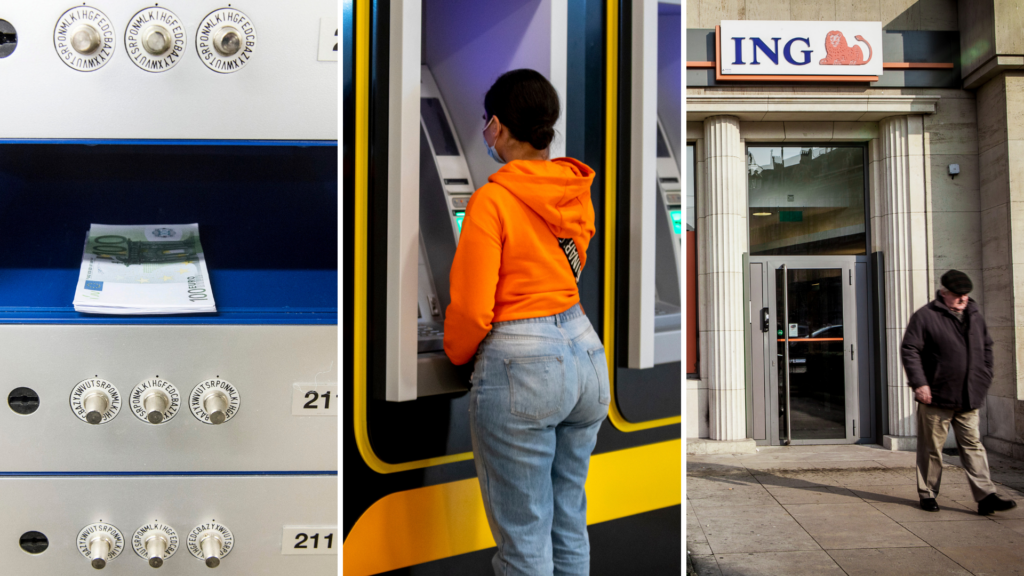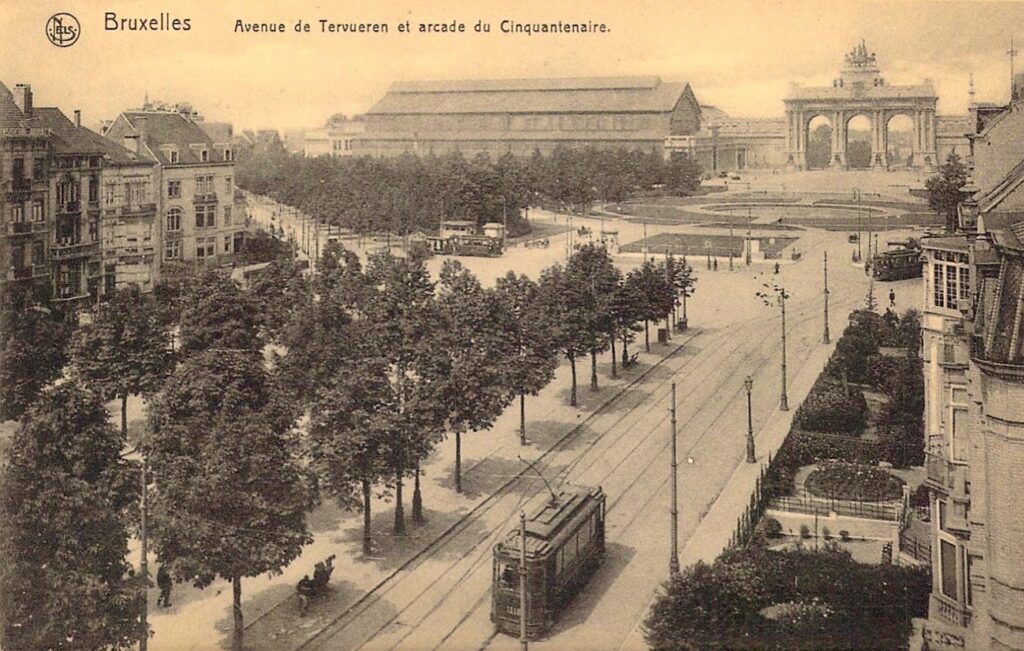It wasn't long ago that opening an account with a new bank was a right palaver, entailing reams of forms and often visiting a branch to provide various official documents. In fact this is often still the case, with inconvenience at every step as traditional banks operate some of the world's most useless hours for scheduling a meeting around the rush of working life.
So with many new players now competing for our banking business, perhaps it's not surprising that many have come to appreciate the ease of moving their money elsewhere. And it isn't just that the bar to entry has been lowered, consumers have been jumping to advantageous savings rates offered elsewhere as their current account holders refuse to raise interest.
The phenomenon has been observed across Europe and Belgium is no exception, with an impressive €44 billion being shifted from accounts between July and September this year – equal to 8% of Belgium's annual GDP. Clearly the old wisdom of parking your money and leaving it to grow has had its day.
With the cost of living at the forefront of everyone's mind and central banks putting up interest rates to curb inflation, consumers have become far more aware of what happens to their sizeable savings. Far from flourishing, many were forced to conclude that their reserves were actually rotting whilst the banks themselves pocketed mega-profits from generous ECB rates that weren't passed on to customers.
To further incentivise setting out for better returns, State bonds issued in August soared beyond expectations to attract €22 billion investment, largely from savers tired of getting a poor deal and recognising the security provided by the bonds.
Hailed by some as a fiscal "masterstroke", the bonds succeeded in making banks wake up to general dissatisfaction with their paltry rates and with a bit of shopping around Belgians can be rewarded for what will hopefully be a straightforward switch.
Have you moved your money? Let @Orlando_tbt know.
Belgium in Brief is a free daily roundup of the top stories to get you through your coffee break conversations. To receive it straight to your inbox every day, sign up below:
1. Breaking the bank? Billions withdrawn from Belgian savings accounts
€28.5 billion was withdrawn from Belgian savings accounts from July to September this year as account holders dissatisfied with banks' low savings rates sought better returns elsewhere. Read more.
2. The grand plans for the Cinquantenaire
Belgium has a big birthday coming up. In 2030, the country commemorates its bicentenary and in Brussels at least, the main venue for events will be the park in the east of the city where it held its fiftieth. Read more.
3. Wages and benefits in Belgium expected to rise twice next year
Wages and benefits are expected to increase by 2% twice in 2024 as the pivotal index will be exceeded in both March and September next year, the Federal Planning Bureau confirmed in its latest outlook for the Belgian economy on Tuesday. Read more.
4. Breaking into Europe through Belgium: Colombian cartels focus efforts on Antwerp
Belgium is the preferred point of entry for Colombia's biggest drug cartels to exploit the European market. Whilst it is no secret that the Port of Antwerp is the continent's cocaine hub, a massive journalistic investigation provides insight into trafficking from South America. Read more.
5. Brussels urged to get undocumented homeless people off the street
With homeless organisations reporting that nearly 70% of sheltered people are undocumented, associations working in the sector are sounding the alarm to get the most vulnerable off the streets as winter approaches. Read more.
6. Saint Jean Monnet, or why both individuals and institutions matter so much
Few non-politicians have had as great an impact on the course of history as Jean Monnet. How did he manage that? By concocting and helping to build clever institutions. Read more.
7. How a deadly earthquake 40 years ago changed Belgium
An earthquake hit Liège on this day (8 November) 40 years ago, killing two people and causing mass destruction, but also prompting the country to anticipate such tragedies in the future. Read more.


